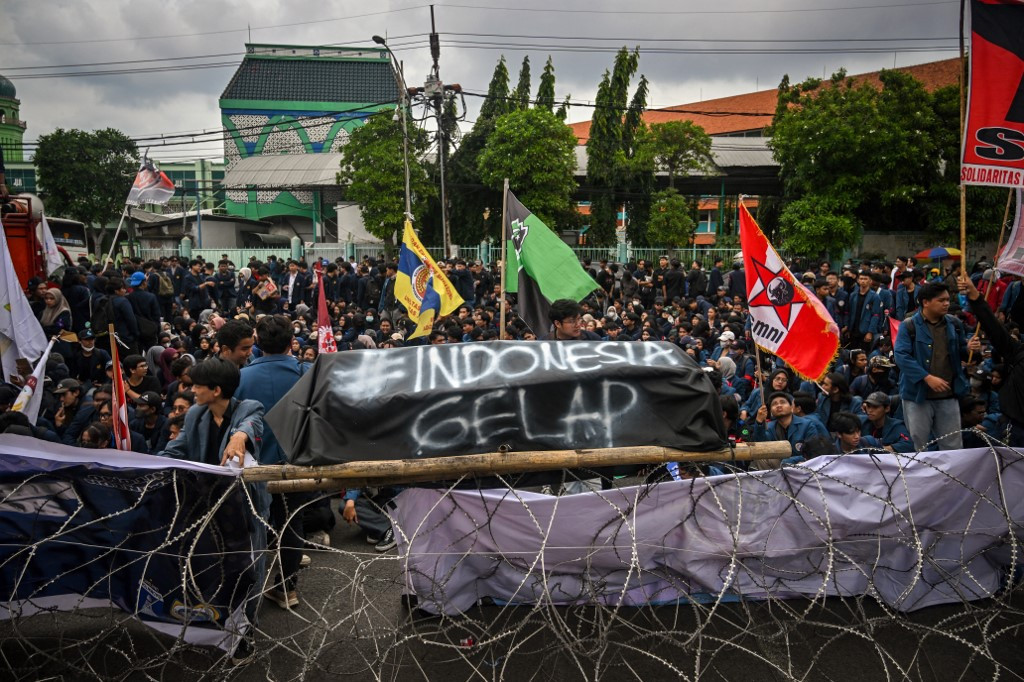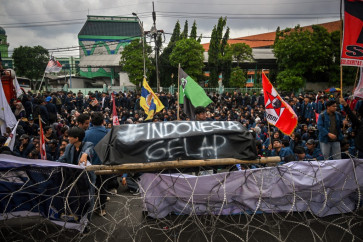Popular Reads
Top Results
Can't find what you're looking for?
View all search resultsPopular Reads
Top Results
Can't find what you're looking for?
View all search resultsIndonesia’s democratic survival and international linkages
The government has shown an increasing willingness to employ authoritarian tactics, a trend that pro-democracy activists have warned about for years.
Change text size
Gift Premium Articles
to Anyone
D
onald Trump’s return to the White House has been nothing short of chaotic. His first weeks back in office have unfolded in a storm of controversies, frustrating both foreign and domestic observers, especially those concerned with the future of democracy in the United States and beyond.
Among his most radical decisions is the freezing of foreign aid, effectively dismantling USAID, the agency responsible for promoting US leadership in liberal democracies worldwide.
Established under John F. Kennedy’s administration, USAID was designed to advance the American model of development during the Cold War, positioning the US as a global leader. Kennedy viewed this as an opportunity to shape the future, declaring that “it is we, the American people, who should be marching at the head of this worldwide revolution, counseling it, helping it come to a healthy fruition.”
Today, under a different geopolitical reality, the US government has chosen a starkly different course. Rather than leading, it is retreating. Rather than shaping the global democratic order, it is withdrawing from it, leaving a vacuum to be filled by other forces, many of them deeply hostile to democratic ideals.
The consequences of abandoning USAID cannot be overstated. Beyond its broad political goal of promoting democracy, which is a mission that scholar Larry Diamond has described as fundamentally bipartisan, the agency’s work, despite accounting for just around 1 percent of the federal budget, has been indispensable in supporting development projects across the Global South. Foreign aid has improved healthcare systems, strengthened civil society and supported economic growth in ways that have tangible effects on people’s lives.
Its sudden disappearance threatens to undermine not just governance but basic survival for millions. At a political level, the withdrawal of US support for democratization will embolden authoritarian regimes at a time when democratic backsliding is already accelerating. Many developing countries, including Indonesia, stand to suffer in the immediate and medium term.
The rise of authoritarian tendencies is not an abstract concern, rather it is an observable reality in places where citizens face growing repression and state violence, with fewer external constraints on governments inclined to tighten their grip on power.



















